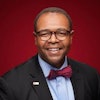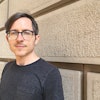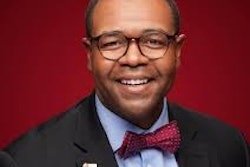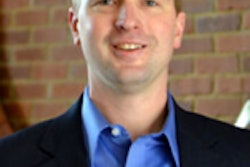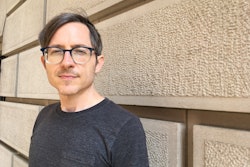The healthcare delivery system in the United States has been a source of frustration to a great many who need care for a specific injury or ailment but too often have to go through a gauntlet of insurance companies and mammoth hospital systems to finally get the service that they need and desire.
For those who have personally experienced or have loved ones who have gone through the dysfunctionality that is inherent in many systems, the frustration can be extraordinary. There is clearly a need for a more streamlined way for people to get the care that they need. Institutions of higher education can play a significant role in this by working with hospitals and medical enterprises to better train future healthcare administrators and care givers to ensure that models that give patients direct access to the care that they need are expanded and replicated throughout the healthcare industry. 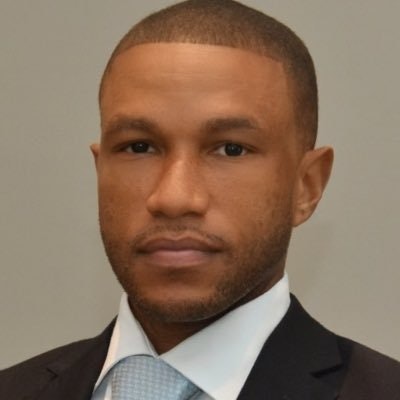 Dr. Marcus Bright
Dr. Marcus Bright
One example of a physician and clinic innovation that has figured it out is OrthoNOW®, founded by Dr. Alejandro Badia. Badia, a renowned orthopedic surgeon, recognized loopholes in the system and sought to create a dynamic solution. His model allows patients and referral sources to bypass the typical route of visiting a general urgent care center, or even more stressful, a major hospital emergency room when confronted with a musculoskeletal issue, whether acute injury or pain that requires expert assessment. We all know how inefficient and costly the traditional options are, but most importantly, they are often just a stepping stone to be referred to the right doctor - the orthopedic specialist.
Fortunately, there is a growing movement nationally to provide direct access to musculoskeletal injuries via orthopedic immediate care centers and OrthoNOW® happens to be the first national brand of these type of walk-in facilities. OrthoNOW allows the injured person to be treated by the more appropriate orthopedic urgent care specialist who will know when direct communication to the subspecialist orthopedic surgeon is needed. This provides a chance to obtain the correct treatment at the right time: NOW!!
Colleges and universities can further this kind of care model by helping teach about this emerging method of care via medical schools and allied health programs. Furthermore, these institutions are replete with young active people who themselves would benefit from an affiliation with an orthopedic walk-in center.
It is time to re-examine the way that healthcare is delivered in America. Models like OrthoNOW are worthy of public and private sector investment to increase access to the healthcare services that people need. It would both save money in reducing bureaucratic inefficiency and expand access to the specialized services that the broader population needs.
Dr. Marcus Bright is a scholar and social impact strategist.


